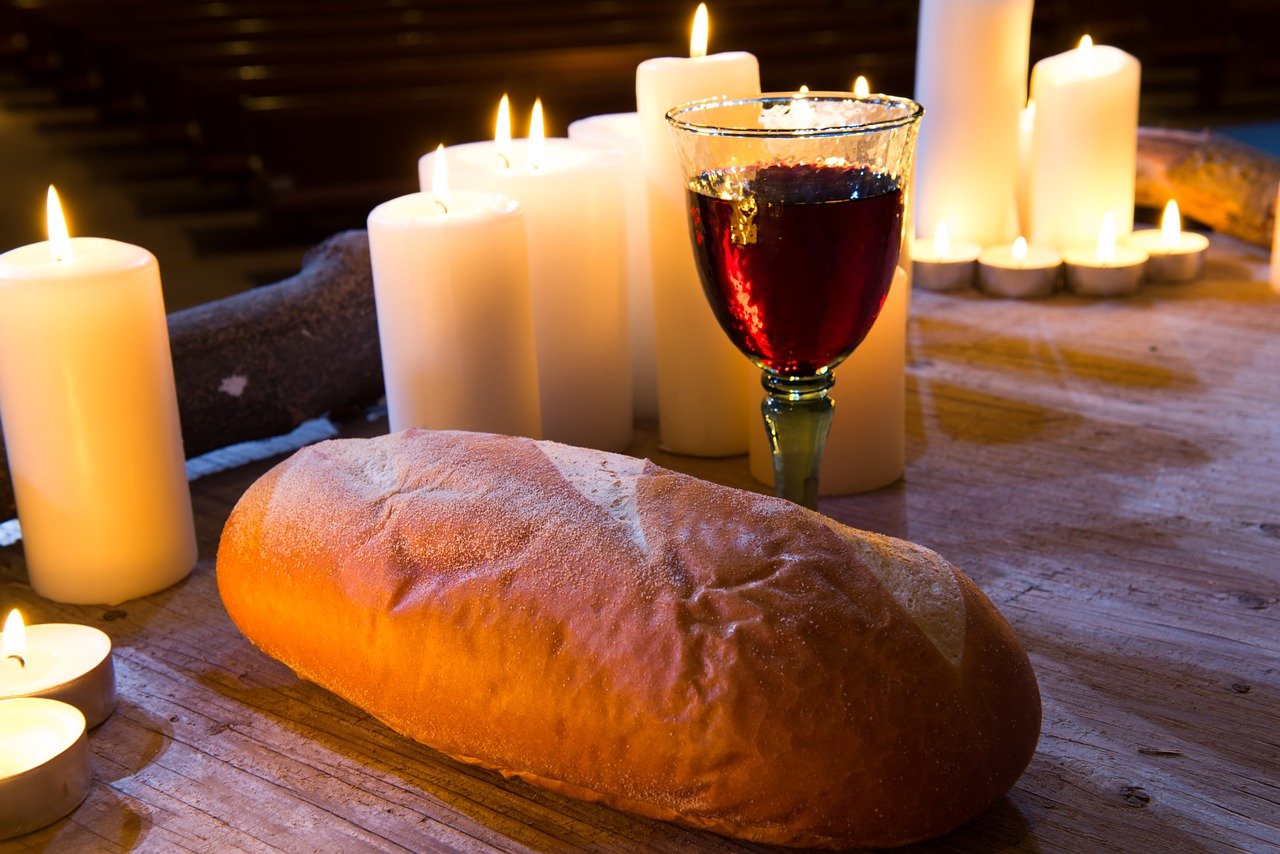On the night Christ was betrayed by Judas, Our Lord celebrated the Passover with all of his brothers, including the traitor himself. Other than the disciple Jesus loved, eleven of His chosen men would later abandon him. In light of the cowardice the apostles show as the night progresses, we can see just how gracious Christ’s words are when He says at the institution of the Eucharist: “This is my body, given for you.” The Eucharistic gift of the Lord’s body is handed on a plate to the very men who will be “ashamed of Him” (Mark 8:38).
Login to read more
Sign in or create a free account to access Subscriber-only content.
